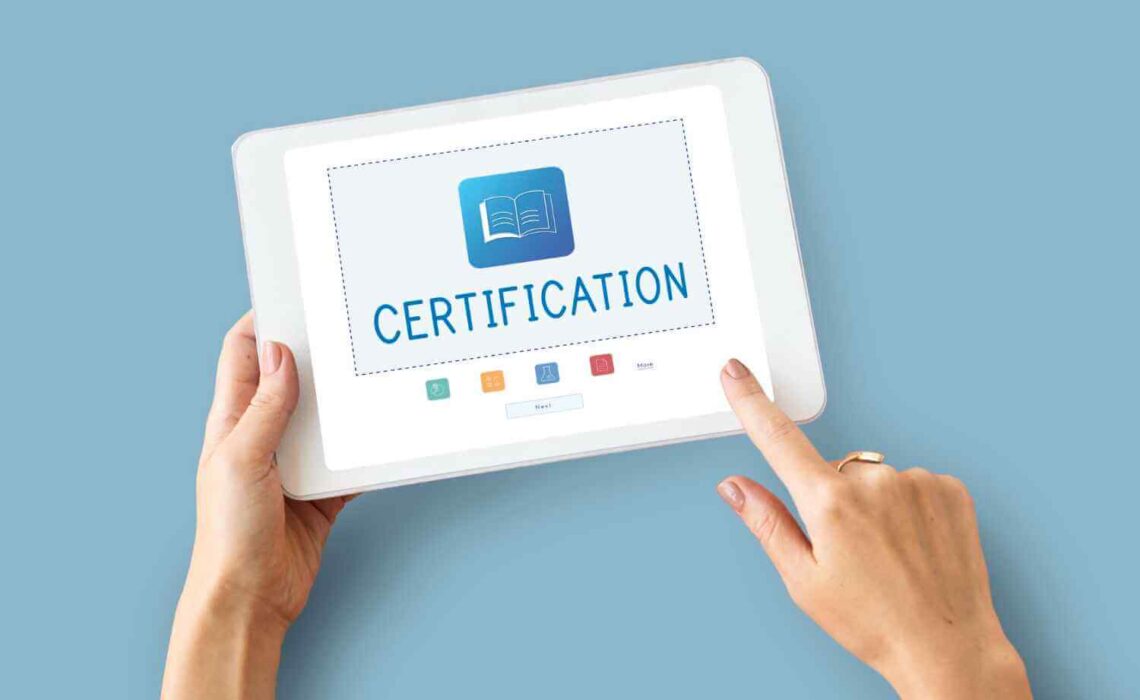Embarking on the journey toward a Project Management Professional (PMP) certification can be both exciting and challenging. To obtain this sought-after credential, one must carefully write their PMP application to fulfill the PMP certification requirements and demonstrate their project management expertise.
In this comprehensive guide, we will look into the crucial elements of crafting a compelling PMP application and provide you with PMP application experience examples to help you navigate the PMP eligibility criteria. We will explore the significance of providing an exemplary PMP application and navigating the PMP eligibility criteria.
By the end of this article, you will gain invaluable insights into writing a stellar PMP application that sets you on the path to PMP success.
Understanding PMP Certification Requirements:
Table of Contents
The first step in your PMP certification journey is to understand what the PMP certification requirements are which have been set out by the Project Management Institute (PMI). To be eligible for the PMP exam, you must meet specific criteria:
1. Educational Background:
- A four-year degree (bachelor’s degree) or its global equivalent.
- A minimum of 35 hours of formal project management education (e.g. such as PMP exam prep course).
2. Project Management Experience:
- For individuals with a bachelor’s degree, at least 4,500 hours or 3 years of project management experience
- For individuals with a secondary degree (high school diploma, associate’s degree, or global equivalent): A minimum of 7,500 hours or 5 years of project management experience.
3. PMP Application Fee:
Once your PMP Application is approved, you need to pay the PMP exam fees to be able to book and appear for the exam.
Checking your eligibility for the PMP application process
Determining eligibility for the esteemed Project Management Professional (PMP) certification may appear straightforward to some individuals and challenging to others, depending on one’s perspective. Therefore, conducting a thorough assessment of your experience and qualifications is crucial to ascertain your eligibility.
For example, we’ve observed that several times people mistakenly assume they don’t meet the criteria, while in reality, their daily work involves a significant amount of project management tasks and skills. Also, contrary to popular opinion, even small-scale projects can be considered for the PMP application.
Tips for writing a good PMP Application
One of the most critical aspects of your PMP application is presenting your project management experience in a compelling and comprehensive way. You must demonstrate your ability to lead and direct projects, a major criterion for obtaining a PMP Application approval. Here are some tips to effectively highlight your project management experience:
- Be Specific and Quantify: Provide proper and detailed descriptions of the projects you have executed and emphasize your role and responsibilities. Quantify the benefits and impact of your projects on the organization and showcase how valuable your contribution was to project success.
- Start with the current project and go backward: A practical approach is to start with your current project and methodically work backward until you have accumulated the total months required by the Project Management Institute (PMI). PMI requirements state that you must show three or five years of PM experience within the last 8 years.
- Showcase a diverse range of projects: Include a mix of projects to demonstrate your versatility as a project manager. For example, highlight the different types of projects you were involved in, such as product development or process improvement projects. Additionally, if you have worked in different industries or managed projects of varying sizes, mention those projects on your application too.
- Use PMBOK terminology: Utilizing project management terminology as prescribed in the Project Management Body of Knowledge (PMBOK) guide is highly advantageous for your PMP application. The PMBOK guide serves as the industry-standard reference, providing a comprehensive framework of project management concepts, principles, and best practices.
- Emphasize Leadership Skills: Highlight your leadership capabilities throughout your application. Showcase your ability to manage teams, resolve conflicts, and foster collaboration.
- Focus on Achievements: Emphasize the successful outcomes of your project resulted in such as meeting the triple constraints, exceeding targets, driving cost savings, optimizing processes, increasing sales or profitability, and launching exciting products to market. It’s crucial to showcase your ability to deliver tangible results.
- PMP Application examples: While writing your PMP application, you can draw inspiration from some real PMP application examples. There are exemplary PMP application examples that can serve as invaluable guides on your path to PMP success.
- Include project management processes: Ensure that your project management experience demonstrates that you worked in all processes, such as Initiating, Planning, Executing, Monitoring, and Controlling and Closing a project. PMI wants to see that you have a breadth of experience in multiple process areas.
- Organize Your Application properly: Structure your application meticulously, adhere to the guidelines, and ensure your projects are clearly written and do not overlap. Delineate your project management experience, education, and other relevant details.
- Proofread your application: Ensure you thoroughly review your PMP application and check for spelling or grammatical mistakes or any omissions. Rather than seeking feedback from colleagues, getting your PMP Application reviewed and rewritten by a professional company such as CareerSprints.com is a good idea.
- Align with PMI’s Code of Ethics: Demonstrate your commitment to ethical conduct by adhering to PMI’s Code of Ethics and Professional Conduct.
The Importance of a Well-Written PMP Application:
Your PMP application is more than just a formality; it reflects your professionalism and dedication to the project management discipline. A well-crafted application showcases your passion for project management and communicates your readiness to take on the challenges of the PMP exam. It sets the stage for a successful PMP journey and solidifies your commitment to upholding the highest standards in the field.
In conclusion, fulfilling the PMP certification requirements and writing a well-crafted PMP application are pivotal steps in attaining this world-renowned credential. By appropriately determining your PMP eligibility criteria and adequately documenting your project management experience, you can position yourself as a competent and capable project management professional. Make your PMP application a reflection of your commitment and enthusiasm toward project management, setting the path for a prosperous journey toward PMP certification.
- How To Create A Safe And Comfortable Home Environment For In-Home Care In Boca Raton? - July 16, 2024
- 10 Trendy Black Nail Ideas To Elevate Your Nail Game - May 6, 2024
- Getting A Free Divorce In Virginia? Here’s What To Expect - April 24, 2024






No Comments